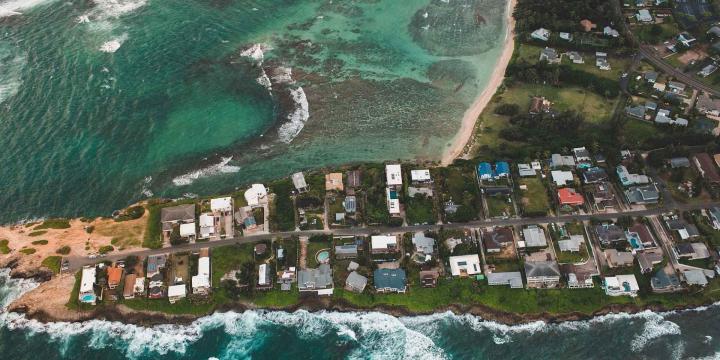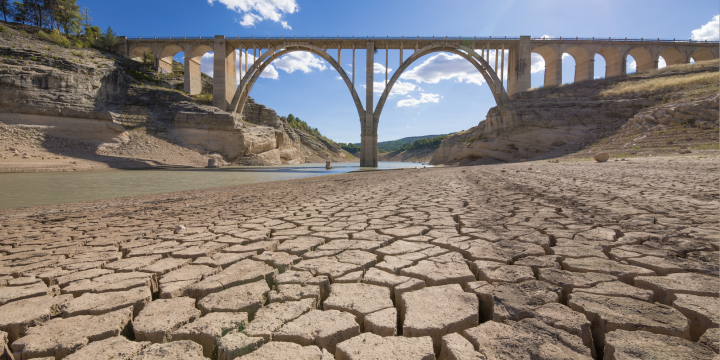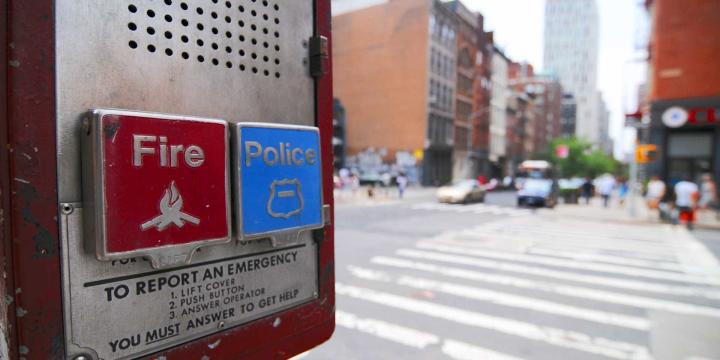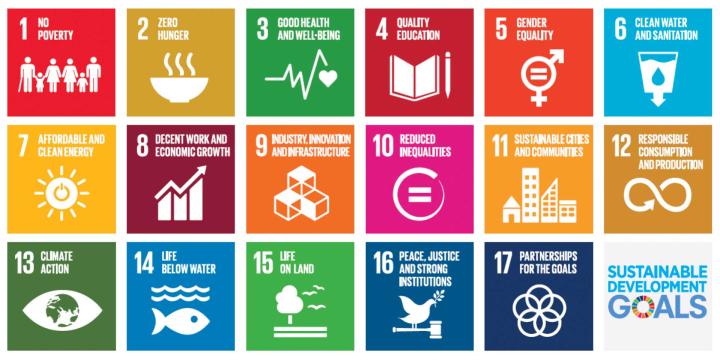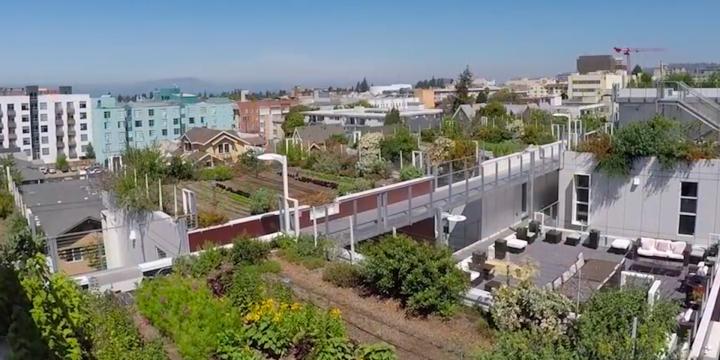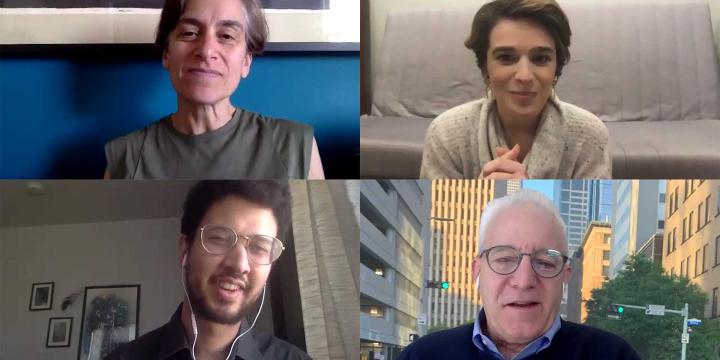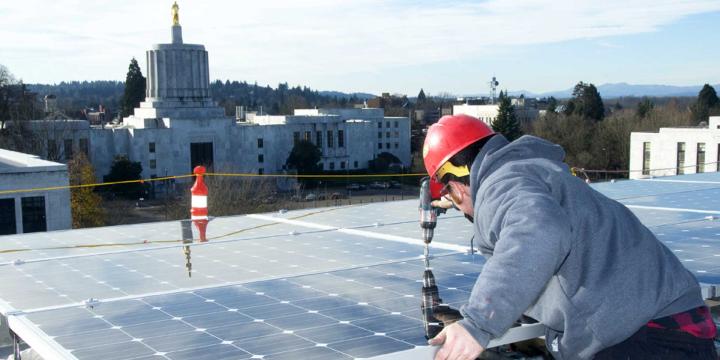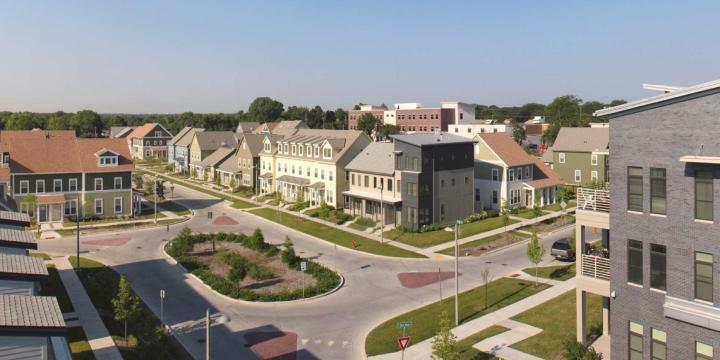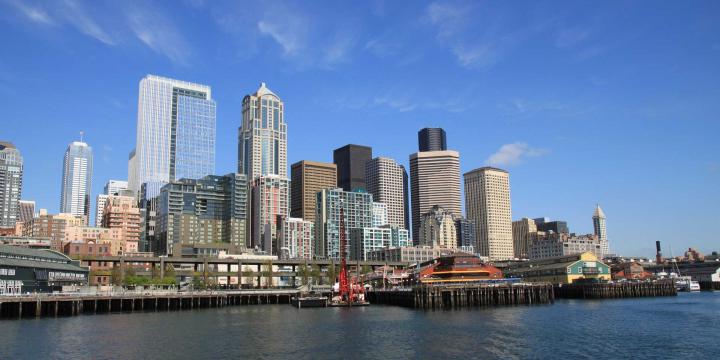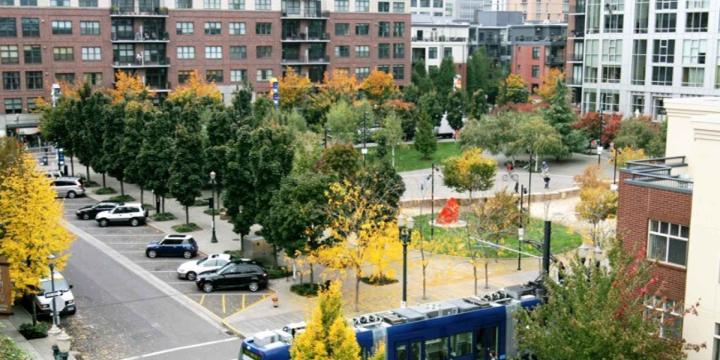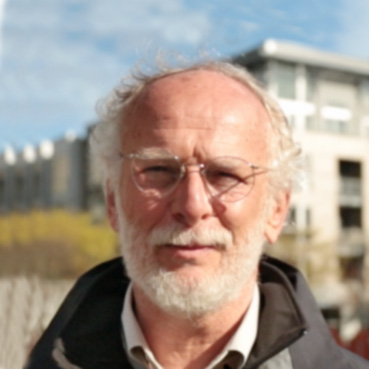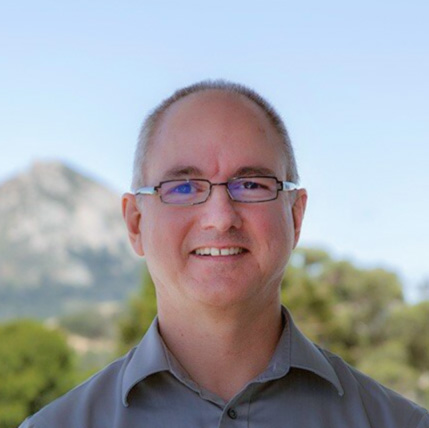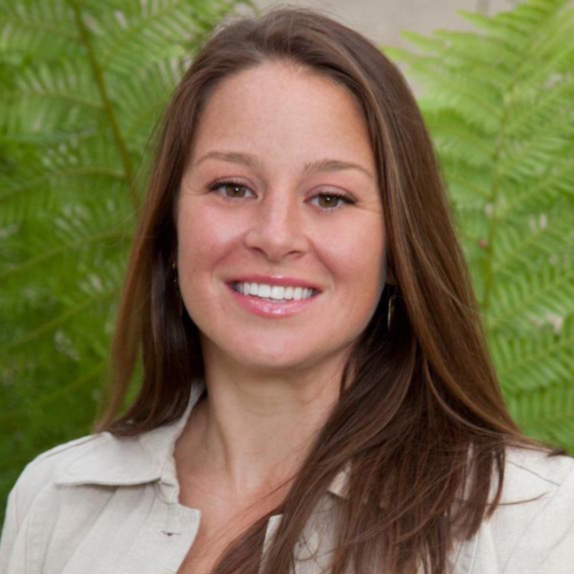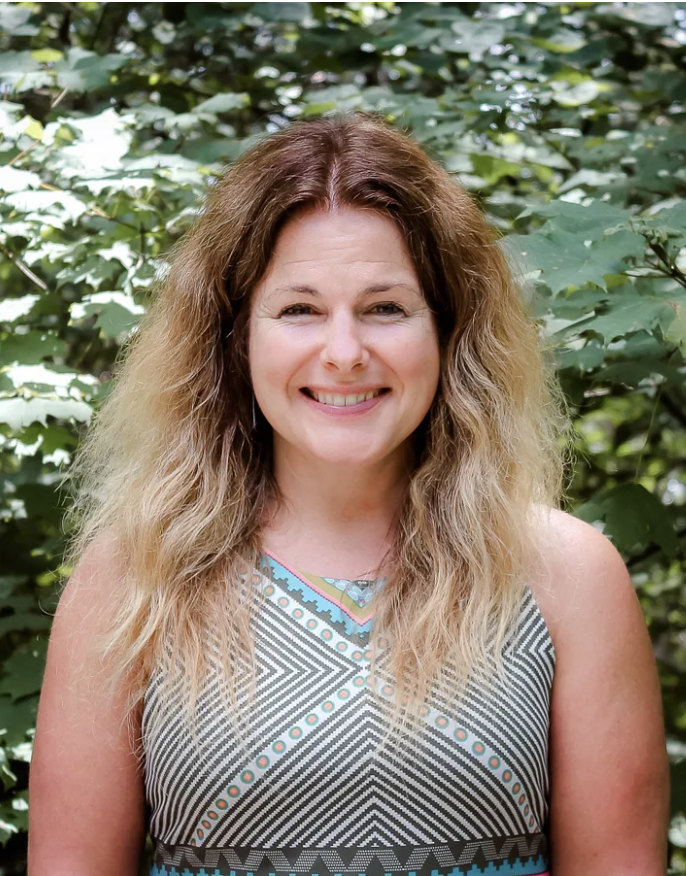All Resilience Planning Courses
Resilience Planning for Heat and Drought Events
Learn how cities can prepare their infrastructure and social services for heat waves and droughts in a warming world.
Resilience Planning for Coastal Hazards
Across the world, sea levels are rising and storm surge events are intensifying, while development is increasing in vulnerable coastal areas and groundwater depletion is causing land to sink. Urban planners are uniquely positioned to join the battle against rising seas.
Green Infrastructure
This course defines green infrastructure, highlights its types and benefits, discusses monetary valuation and financing, and explores its role in addressing climate change, equity, and technological change.
The 21st Century Comprehensive Plan
Uncover the emerging and valuable qualities of the 21st century comprehensive plan that can be used to define visions for the future, including robust community engagement, crosscutting themes, and an accountable implementation program.
Landscape Design for Social Sustainability, Part 1
Discover how and why the built environment succeeds or fails at supporting thriving, diverse communities, and how designers can create mechanisms that allow communities to enjoy and improve their environments to suit their needs and desires.
Planning Commissioner Training
The new "Planning Commissioner Training" series offers citizen planners a chance to learn the tools to make a positive impact in their communities (available as a separate subscription).
Crime and Urban Planning in the United States
The spatial patterns and environmental characteristics of urban crime offer planners an opportunity to contribute to building crime-resilient communities.
Accessory Dwelling Units: Understanding America’s Newest Housing Typology
Explore the latest ADU policy developments from leading American cities, key challenges and opportunities for increasing or limiting ADU production, first-hand examples, and best practices in ADU affordability programs.
Resilience Planning for Wildfires
This course explores the history of wildfire management, the factors that increase the threat of wildfires, and how communities can incorporate resilience thinking to plan for wildfires.
Introduction to Resilience Planning
This course introduces key concepts of resilience planning and explains how to incorporate resilience planning in communities.
Sustainable Supply Chains
This course examines how to integrate environmental, social, and financial practices into an organization's complete product and services lifecycle, from product design and development to raw material selection, including raw material extraction or agricultural production, manufacturing, packaging, transportation, and end of life.
UN Sustainable Development Goals: The Role of Cities in Implementation
This course will introduce the 17 Sustainable Development Goals as a framework for planning at the local level.
Urban Agriculture
Urban farming is becoming more popular around the state of California, taking many forms along the way, as documented in this film produced by experts from the University of California and the Cal State University system in cooperation with local organizations.
The Future of Cities After COVID-19
This virtual panel discussion focuses on the potential for the COVID-19 pandemic to influence the development, demographic, and environmental trends of the future. Speakers: Allison Arieff, William Fulton, Scott Frazier, and Mariela Alfonzo. Moderator: James Brasuell.
Creating a Low-Carbon, Resilient City
This course introduces strategies for achieving low-carbon, resilient communities.
Climate Change Vulnerability Assessment for Cities
This course provides instruction on assessing the impacts of climate change on local assets and populations.
Greenhouse Gas Emissions Accounting for Cities
Greenhouse gas emissions accounting is a core tool for developing, implementing, and monitoring climate actions and strategies. This course provides a basic overview of concepts that can be supplemented with training in specific software.
Introduction to Climate Action Planning
This course provides an overview of the purpose, process, and potential of climate action planning.
More Sustainability Appraisal Tools and Future Prospects
Learn about the Envision infrastructure rating system, other notable tool options for evaluating community and neighborhood sustainability, and trends and prospects affecting future appraisal tools.
Urban Sustainability Appraisal Tools for Planned Neighborhoods and Landscapes
This course is the third in a four-part series on urban sustainability appraisal tools as collaboration platforms and sustainability accelerators for communities.
Urban Sustainability Appraisal Tools for Communities and Existing Neighborhoods
This course is the second in a four-part series on how urban sustainability appraisal tools can serve as collaboration platforms and sustainability accelerators for communities.


